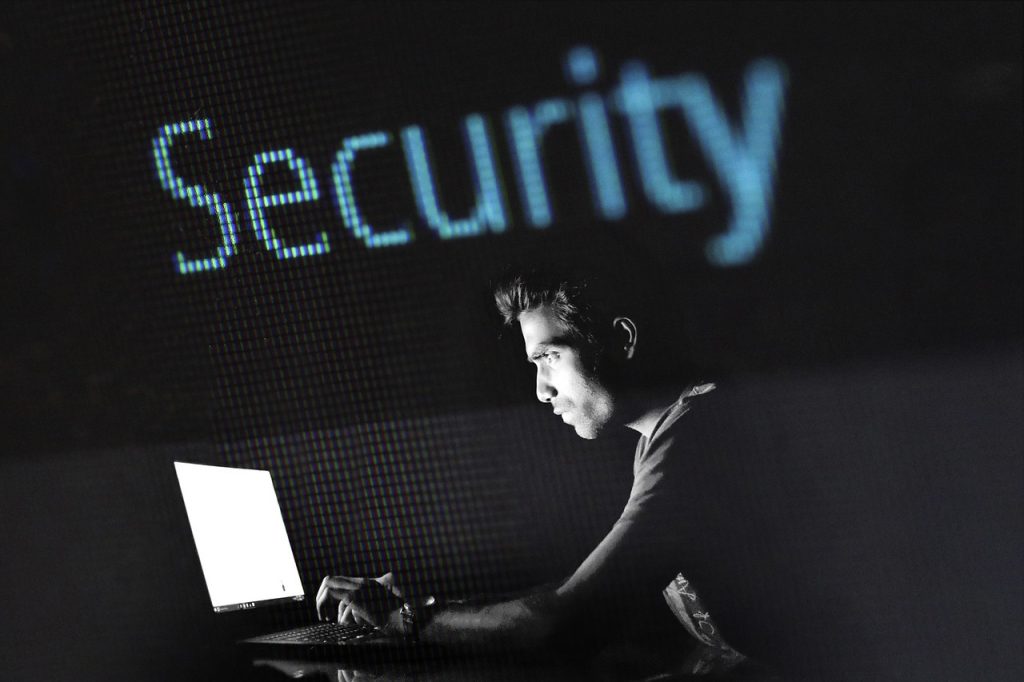How To Safeguard Your Personal Info Against Cybercriminals
Some easy ways to safeguard your personal privacy include using two-factor authentication and not using the same password twice.
This article is more than 2 years old

With technology becoming increasingly embedded in our daily lives, it is good practice to ensure that all your personal privacy and vital information is protected against cybercriminals. It is imperative if you are working in a hybrid or home setting and do not constantly have a company firewall to protect your computer. Due to Data Privacy day, Apple is holding free classes at its stores to educate consumers on computers and personal privacy.
Protecting your information and personal privacy doesn’t just mean protecting yourself from cybercriminals or hackers; it also protects your information from technology companies or other data harvesters.
Even implementing a few protective measures, such as strong passwords and two-factor authentication, can vastly increase your computer’s security. Here is a range of other tips that can be utilized to increase cybersecurity on all technological devices.
As stated previously, implementing strong passwords that are long and unique is the easiest and most important way to shield your computer. Also, when it comes to passwords, do not recycle old passwords, as it is a security risk. Password managers are an excellent way to organize all your passwords, so they are not difficult to remember.
Again, as previously stated, two-factor authentication is the next step in cybersecurity. This involves setting up and entering a second password. This features ensures that it is the correct person acquiring the information beyond the security measures. The second set of passwords is usually entered on another previously identified machine, such as a phone or tablet.
Computers or tablets are better for two-factor authentication, as cell phones can be hacked by cybercriminals, also. If your device is hacked, they will also receive your two-factor authorization SMS message.
Along with adding extra layers of protection, your bank accounts and credit cards should be monitored vigilantly for any signs of suspicious activity or fraudulent behavior, such as unverified spending or a lot of pending in a place you have never been. Contact your banking institution if you are concerned about anything.
Another way cybercriminals can access a wealth of information is through social media. To ensure your information stays secure, connect or ‘friend’ only people or businesses you know in person. Even then, be careful what information you disclose. Information like your address, make and model of your car, if you are on holiday, could be used for a range of criminal activity. Even posting your personal best running time, which may include a map, can give people an idea of where you live, if not the actual address. So, just be vigilant with your personal privacy.
While on the subject of social media, do not use it to log in to other apps as it gives Facebook or other technology giants access to a range of additional information about you, and let’s face it, they have enough.
The last tip is to keep everything updated on your technology devices. Having everything updated to the latest version stops any bugs or security problems that may have been featured in the last version.
Implementing this small amount of security features can be the difference between cybercriminals retrieving your information or not. Cybersecurity and cybercriminals will only increase as we become more reliant on technology, so it is good practice to be vigilant with your security measures and personal privacy.



